OPINION – The link between video games and violence has long been a matter of public, media and political concern. Many people believe that video games cause or increase violence, aggression and crime among gamers and can therefore be responsible for real-life tragedies and violent events. However, this position is not backed up by reliable scientific research, but rather based on prejudices, fears and political interests. This article is written in the wake of a recent statement by Emmanuel Macron, President of the French Republic, in which he again blames video games for the recent tragedy in which a policeman shot and killed a young man.
Examining the impact of video games is not a simple task, as many factors influence the behavior, personality, and emotions of players. The type of game, its content, duration, environment, purpose, difficulty, motivation, as well as the player’s previous experiences, age, gender, culture, social status, and mental state all play a role in how the player reacts to the game. In addition, the impact of games cannot be separated from other media (e.g. films, books, music, etc.), which also influence the way people think and feel.
The impact of video games on gamers
Research on the effects of video games is contradictory and controversial. Some researchers claim that video games trigger or increase violent behaviour in players, others claim that there is no such effect or that it is temporary and negligible. A third group claims that video games can have positive effects on players, such as improving cognitive skills, creativity, empathy or problem solving.
The methodology of the research has also come in for much criticism. Most research is conducted in a laboratory setting, which does not reflect the real game experience and context. The duration of research is also short (usually a few minutes or hours), which is not enough to measure long-term effects. Research variables are also often imprecise or irrelevant. For example, tests are often used to measure violence that do not reflect the actual forms or consequences of violence (e.g. adjusting noise levels, popping balloons, etc.). Research samples are also often biased or unrepresentative. Most research is based on young men who are not representative of the diversity of players.
The relationship between video games and real violence
The link between video games and real-life violence is even harder to prove or disprove than the link between games and player behaviour. On the one hand, violence is a complex and multifaceted phenomenon, influenced by many factors, such as social, economic, political, cultural, psychological, biological, etc. circumstances. On the other hand, the extent and forms of violence are difficult to define and measure precisely. The definition, perception and meaning of violence can vary over time, space and context. Statistics on violence can also be distorted or incomplete, depending on how data are collected, recorded and interpreted.
The results of research on the link between video games and real-life violence are also controversial and disputed. Some researchers claim that video games increase the number or severity of violent crimes, others claim that there is no such effect or that it is negligible. A third group claims that video games can have a reducing effect on violence, for example by relieving tension, satisfying competitive urges or providing an alternative to real aggression.
Here too, the research methodology has come in for much criticism. Most research is correlational, which does not prove a cause and effect relationship. For example, the fact that a country has a high level of video game playing and violent crime does not mean that there is a direct link between the two. There may be other factors that influence both (e.g. poverty, gun ownership, etc.). The generalizability of the research is also questionable. For example, the fact that a certain game or type of game has an effect on a certain group at a certain place and time does not mean that the same is true for all games and all players everywhere and all the time.
The demonization of video games
So, the impact of video games is not a straightforward and simple question. Nevertheless, many politicians, lawyers or other stakeholders often tend to demonise video games and blame them for real-life tragedies and violent events. This can happen for several reasons:
- This is how politicians try to divert attention from the real problems and solutions they should be facing (e.g. social injustices, economic crises, etc.)
- economic crises, corruption, terrorism, etc.). They can thus avoid blame and criticism and find easy targets in video games, which many people do not know or understand.
- This is how lawyers try to defend or exonerate criminals who have committed violent acts. This way they can escape or reduce sentences if they claim that video games have affected them or damaged their psyche.
- Other stakeholders thus try to prevent or limit the spread and popularity of video games because they are seen as a competitor or a threat. For example, other media (e.g. films, books, etc.), religious or moral groups, parents’ organizations, etc.
These groups often use tools such as fear-mongering, disinformation, sensationalism or populism. For example, they highlight or distort cases where someone has committed a violent act and played video games, but they omit or trivialize cases where someone has committed a violent act and not played video games, or where someone has played video games and not committed a violent act. They also cite research that supports their position but ignore or downplay research that refutes it.
Protecting video games
The demonization of video games is therefore a pathetic scapegoating exercise, often used by politicians to cover up their own responsibility. Video games do not cause violence, but are a cultural product and a form of entertainment that has its own value, cultural meaning and multiple (rather positive) effects. They are neither uniform nor one-size-fits-all, but encompass a wide range of themes, genres, styles and messages, and require not only passive reception but also active participation and interaction. Moreover, they are not just an impersonal and virtual addiction, but also provide a communal and real experience.
There are also many groups defending video games, such as game developers, game publishers, game journalists, players’ organizations or associations, etc. These groups present and recognise the versatility and positive aspects of video games. They also seek to raise awareness of the dangers and risks associated with the use of video games and to provide advice on safe, ethical and aware gaming. For example, they recommend or apply measures such as age rating of games, parental supervision or restriction, code of conduct or rules between players, prevention or treatment of addiction to games.
Political demonized scapegoats
Of course, the link between video games and violence is not a simple and straightforward issue, but a complex and controversial one, but it is clear that politicians’ finger-pointing (to deflect attention from their own responsibility) is a pathetic scapegoating. Their impact cannot be generalized or simplified, but depends on many factors. Blaming them for real violence is not based on reliable evidence, but on prejudice, fear and political interests.
And demonizing them does not help to solve the real problems, but only distracts attention from them. As for defending them, that is not a denial of reality, but an acknowledgement of the value and importance of games. Let us say it clearly and unequivocally: video games do not cause violence, but are a cultural product and a form of entertainment that has its place and role in society.
-BadSector-

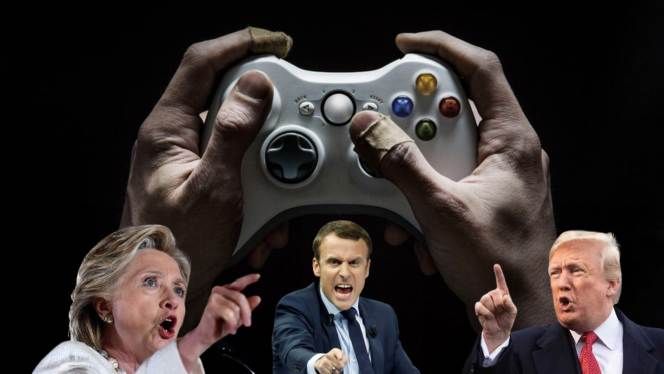
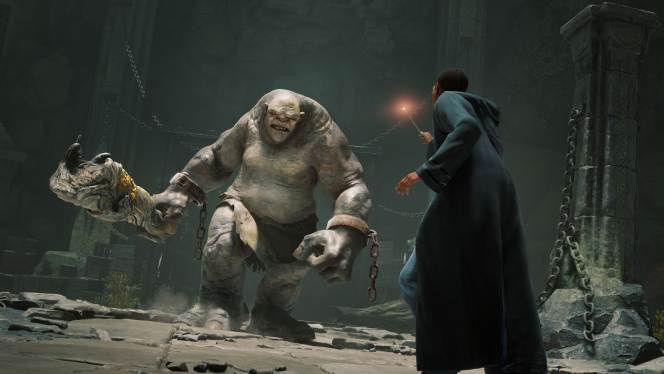
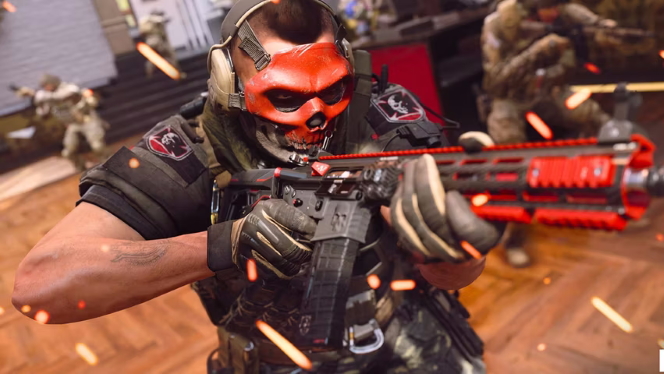
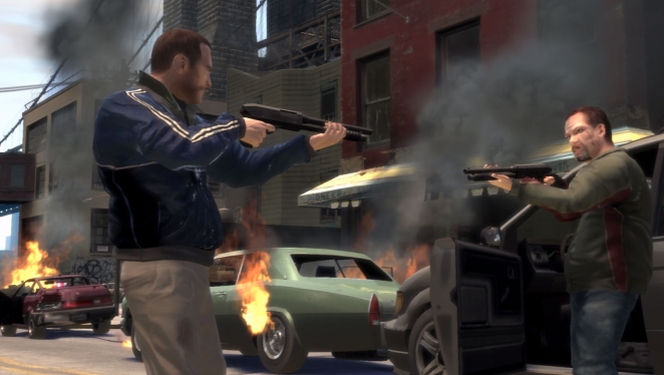
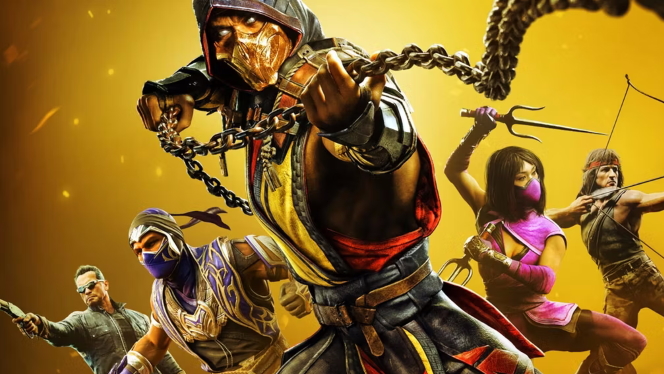















Leave a Reply